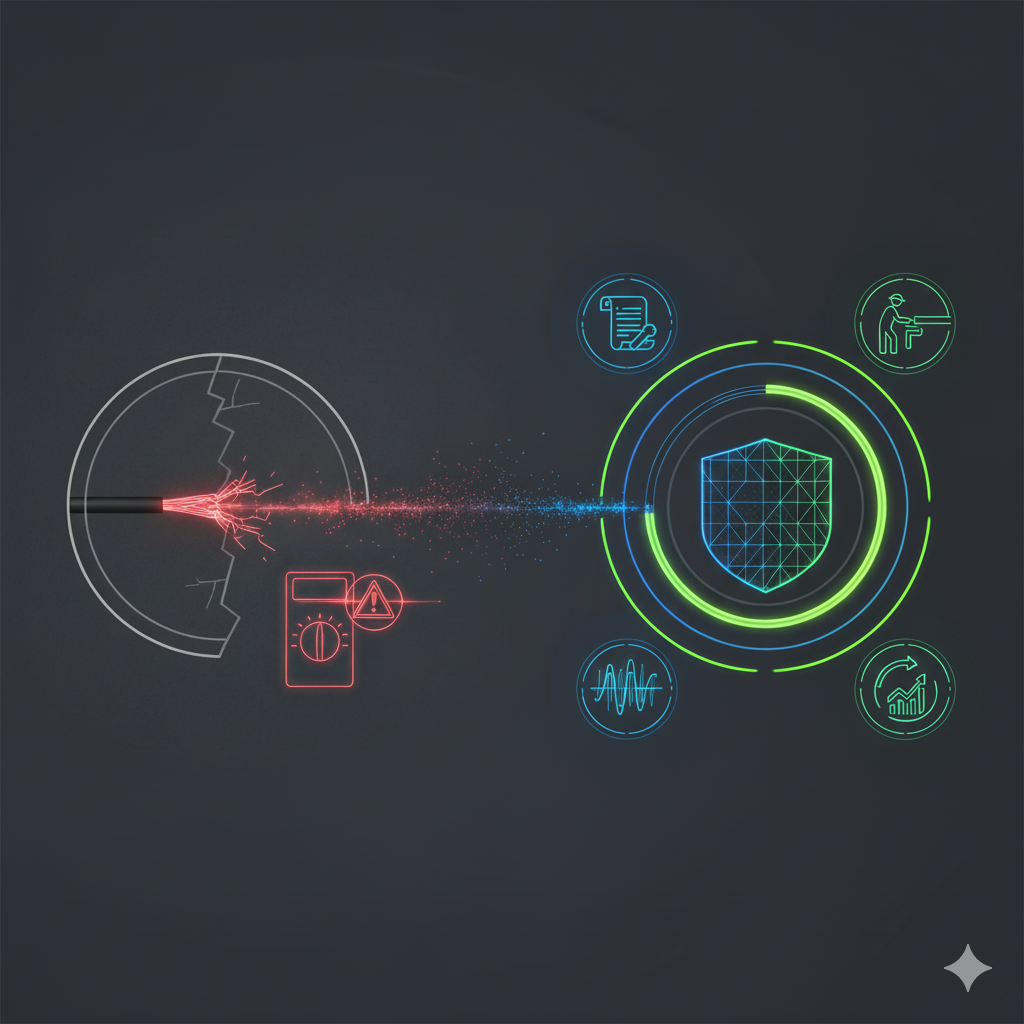Fibre Network Installation Quality Control: Technical Standards that Matter

Fibre network installation quality control has evolved from basic continuity verification to comprehensive quality assurance programme that determines network performance, reliability and lifecycle costs. Yet despite significant capital investments in fibre deployments and growing bandwidth demands driving network expansion, inadequate quality control practices consistently create performance problems, premature failures and costly remediation activities that compromise network economics and service delivery for years after initial installation.
Through our partnership between AuditCo and ASafe Global, combining quality assurance expertise with fibre optic installation experience, we have developed systematic approaches to installation quality control that ensure network performance whilst preventing common problems through proactive verification and testing. This partnership enables organisations to implement comprehensive quality programmes addressing both technical standards compliance and practical installation challenges across diverse deployment scenarios from urban dense fibre to long-haul intercity routes.
The challenge lies not merely in conducting basic tests or meeting minimum acceptance criteria, but in developing integrated quality control systems that verify installation workmanship, validate design compliance and predict long-term performance whilst maintaining project schedules and managing costs. Our combined experience demonstrates that effective quality control requires appropriate technical standards, systematic inspection protocols, independent verification and continuous improvement processes that deliver networks meeting both immediate acceptance requirements and long-term performance expectations.
Understanding Fibre Optic Technical Standards
Comprehensive quality control requires thorough understanding of applicable technical standards addressing cable specifications, installation practices, testing methodologies and performance requirements that determine network capability and reliability across diverse applications and environments.
International and Regional Standards Framework
IEC standards for optical fibre cables and components including IEC 60793 for optical fibres and IEC 61280 for fibre optic testing provide fundamental technical specifications. IEC standards establish performance requirements, test methods and classification systems supporting international consistency whilst requiring regional adaption. The AuditCo and ASafe Global partnership navigates IEC standards ensuring both technical compliance and practical applicability across diverse deployment contexts.
ITU-T recommendations including G.652 for standard sing-mode fibre and G.657 for bend-intensive fibre establish telecommunications industry specifications. ITI-T recommendations address both fibre characteristics and system performance requirements supporting interoperability and network design. Partnership expertise interprets ITI-T recommendations ensuring specification compliance whilst optimising network design and performance.
TIA standards including
For More Information Visit https://asafeglobal.com/ or contact info@auditco.com.au



